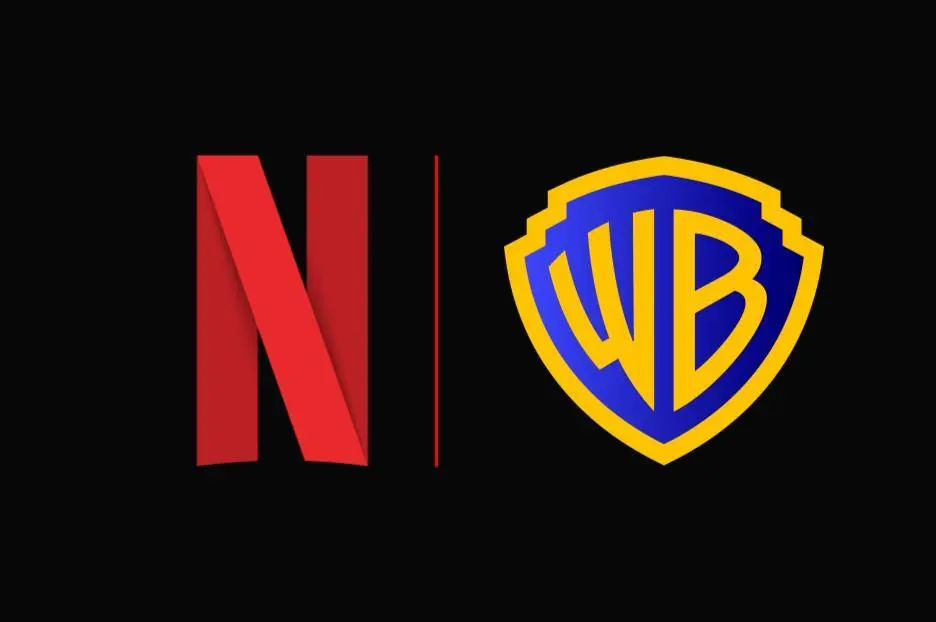How Your Cover Letter Can Get You Noticed

Dec 19 | 2016

A popular adage goes, “Don’t judge a book by its cover.” An even more popular adage goes, “Don’t judge a candidate by their cover letter.” Just kidding. That’s not popular, that’s not an adage, and it’s not even correct. Your cover letter will be your first impression to your potential employer, and of course they will judge you for it. So make sure it’s phenomenal. Here’s how.
1. Nix, “To Whom it May Concern”
“To Whom it May Concern” might just be the 5 most uninspired words in the American-English lexicon. Your cover letter “may” not even concern anyone if it opens with this tired and lazy salutation. Instead, find out an actual living, breathing human being to which to address your cover letter. With a few seconds of research, you can likely come up with a name of someone in the department to which you’re applying. Someone who may very well be concerned.
And according to Vicki Salemi at U.S. News, it’s best to start at the top: “If you’re pursuing a job in human resources and the company clearly lists the name of the chief HR executive in charge, go ahead and address the letter to that person. Will the executive be the first person to open the cover letter in the applicant tracking system? Not exactly. Will it look like you did your homework? You bet.”
2. Show off that you know about the company.
Having a generic cover letter that you can send out to the masses is a good place to start, but you should never send out a generic cover letter before you spice it up with company-specific details. The HR department doesn’t care that you are qualified for “a” job in your field, but that you are qualified for “the” job that they are seeking. Research about the company, and present to them why you want to work there. Also, make sure it’s the right company. We can’t tell you how many times we’ve seen cover letters that are addressed to people in a completely different company. That’s embarrassing, and a surefire way to get it thrown in physical (or metaphorical) trash. Make sure that you cater your skills to appeal to those mentioned in the job description. Be relevant, and only include information that can benefit your eligibility for this job.
3. Don’t rehash your résumé.
Get right to the point. No one cares to read what they can already find out from your résumé. Your cover letter is an opportunity to show your human voice, so show your diligent personality without going overboard. Focus on skills, communications, and relationships you’ve built in your professional life. Tell a story. Give your potential employers the relevant context that explains why you would be the ideal candidate at this point in time. Be brief, yet substantial.
4. Use power words.
Instead of using words such as “organized” and “hard-working,” like any good employer would already expect you to be, according to career experts, words that stand out appeal to the emotions. Talk about your enthusiasm, passion, and listening skills. Talk about your admiration for such-and-such and how you inspired so-and-so. Use strong verbs such as “achieved” and “led,” or “negotiated” and “generated.” These are positive words that mean more than just you did stuff and were responsible.
Also, make sure you use the active voice (“I generated leads for the world famous Walrus Expo in Alaska”) instead of passive voice (“Leads were generated by me and my team for the world famous Walrus Expo in Alaska.”). It’s a way to keep things concise.
5. Cut it out with the adverbs.
“I was enormously instrumental in my team’s success.” Eye roll. Cut out the extra words, and you’ll be able to shine that much brighter. The words are getting in your way, and are often a cover-up for not knowing exactly what you want to say. Instead of more words, choose better words, and you won’t find the need to make up for it.
6. Turn your experiences into skills.
When you’re reading your cover letter back to yourself, see if all of your skills can translate into the domain in which you are applying. Think outside of the dodecahedron. Even your time spent vacationing in Bali can translate into skills. That vacation shows that you’re able to appreciate different cultures and practices, for example. Every skill you have can be interpreted through a corporate lens.
7. Have impeccable grammar.
The only way for you to catch all of your mistakes is to print out your cover letter (yes, print it) and read it aloud to yourself or others. And while you’re at it, send it around to a bunch of people to proofread it. Even a small typo is enough to get you on some employers’ naughty lists. Take the extra precaution.










